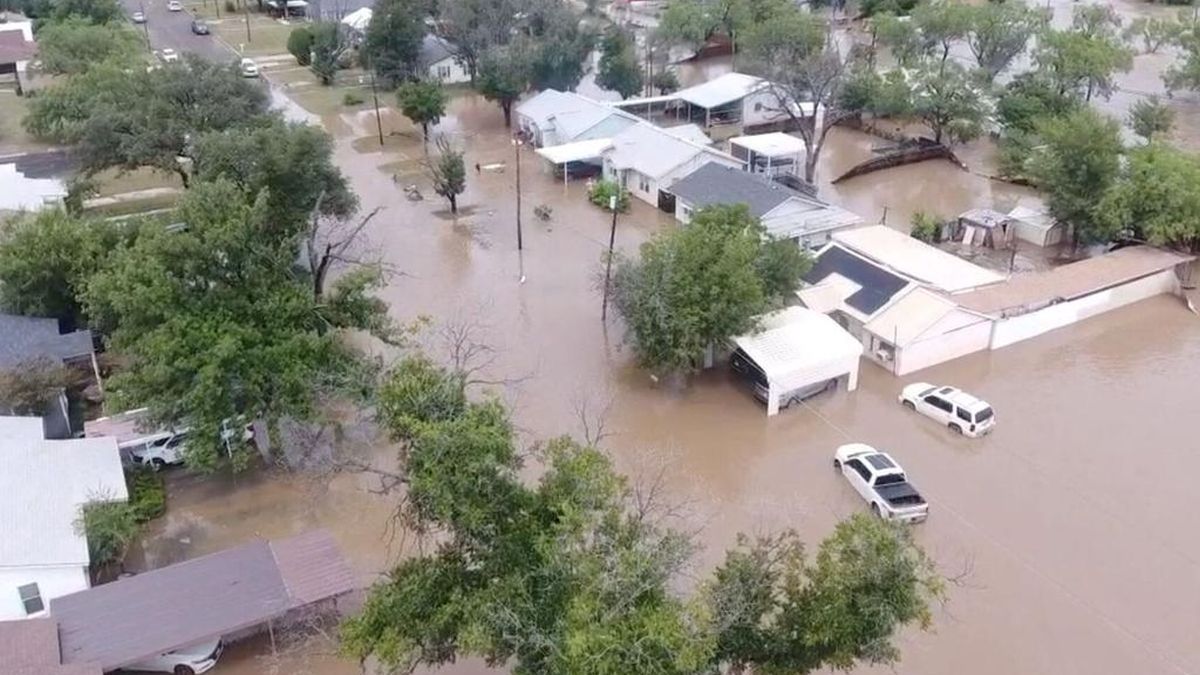The veil was lifted, it was public not only the drop in demand for Argentine assets, but also the violent collapse of the different activities. Therefore, the abstract formulation of the “joy revolution” that made an optimistic view possible, it was a deceptive cover, which had implied a huge setback.
The situation was not unforeseeable, nor was it a general problem of capital flows to emerging countries as was scribbled in 2018. Nor could the fact of the responsibility of “banker’s greed” be evaded. We had been able to perceive how much the spreads and commissions of the bond brokers helped, and everything they did for the elastomer to spread.
In Argentina, a true catastrophe was concealed through all kinds of fallacies. In New York, they took advantage of and commercialized all the good-natured explanations of the ruling party and its plethora of lightning rods, which ensured that the lion does not wake up.
Undoubtedly, the emerging economies in 2018 denied the arguments of the anti-missile shield that protected the Macri government. The stampede of Argentine assets arrived, and it responded exclusively to that handmade hobby of making homemade bombs.
All financial crises start the same, a strong outflow of swallow capitals that take profits collecting their pesos previously placed at high interest rates, with the proceeds they buy back dollars and return to their bases to reduce exposure, consolidating what they have achieved. There were not a few colleagues who believed and dared to express compliance with the legal term of the Macri mandate as chimerical. The saving grace was the Argentine risk -as in 2001- when it passed 1,000 basis points, without the regional risk showing any increase. Regarding foreign exchange, while the peso devalued 11%, the currencies of other emerging countries did not show significant changes.
The IMF had come to cover, in the midst of an extraordinary shooting, the escape of investors who fled with their lives. Certainly, what more it was feared that there would be a new default on the public debt, plus a potential social outbreak, like the one in 2001. For that they called Cristina Fernández de Kirchner. They wanted me to assure them in writing that Argentina was going to pay, whatever happened, because they no longer trusted President Macri. In any case, they were asking for a symbolic political event, since the disbursements had been made. The debt was a reality, even though complaints were filed in international courts. – Can anyone believe that, in the system, the multilateral credit organizations could be sustained without a legal system compatible with the defense of the interests of the most powerful? –
Turning to economic policy, the package of measures with a freeze called “essential prices” and other stimuli to consumption, was not well received by the markets of the “pro-market” government. The announcement of a bunch of hastily elaborated measures was perceived as the great contradiction of a government that suddenly abandoned its convictions.
Remember María Eugenia Vidal answering the question: – Would the Precios Cuidados program continue? -… “We don’t believe in those things”… Believe?
The measures did not project encouraging results and violated the fiscal responsibilities assumed with the IMF, just when the numbers strayed from the goal of “zero primary deficit”, due to a collection that fell more than 11% in real terms and the underestimation of the government of withholding income.
In the addition of the last 12 months until March, the primary deficit of the national government exceeded 2% of GDP, when in 2018 it had been 2.6%. Comparing with 2015, the primary deficit – it is what they should compare – would have been reduced relatively as a percentage of GDP, with income that fell a little less, but with a brutal adjustment of primary spending. However, The global deficit, after interest payments in percentage terms -with a different composition-, far exceeded the worst record of the government of Cristina Fernández de Kirchner.
The fall in income and the greater financial dedication to interest payments did not achieve the objective of a better overall fiscal result. Collection in March had collapsed with the collapse of social security income that fell 18% in real terms, where VAT had plunged 12.5%, income tax collection had fallen 19%, and income tax. credits and debits decreased 13%.
The BCRA and its unfortunate anti-inflationary model, with five monetary-exchange policy changes in seven months, worried any observer. With each disruption in inflation, or rebound in the dollar, the stance hardened, with more tightening and overcompliance with hyper-tightening monetary policy.
All this was happening, in a scenario where inflation did not stop, but accelerated to 4.7% in April (UMET). To contain prices or stabilize the demand for assets in pesos, credit and the level of economic activity ended up being lacerated. As a consequence of the ultra-orthodox monetary program, with its successive overfulfillments of the monetary base, the expectation of Leliq’s issuance was greater than that of the primitive monetary program. The Leliq stock was acquiring an explosive dynamic, more dangerous than the one that had been established with the Lebacs.
Sterilizing more weights required implanting more Leliq. Consequently, if deposits fell, the only option for banks to acquire Leliq was to restrict credit to the private sector.
Credit to the private sector in pesos had fallen between May 2018 and April 2019, around 40% in real terms, standing at a level slightly above 7% of GDP.
The Argentina of “we returned to the world and we became a normal country”, that of the “investment rain” had no capital market, nor could it access global markets and the private sector, could not introduce negotiable or fiduciary obligations.
In this fabric, credit to the private sector, the only instrument for providing working capital and financing investment projects, had disappeared or had an exorbitant price. There was no industrial or commercial activity that could absorb the financial cost in Argentina.
For this reason, the reduction in credit was leading to a sharp slowdown in production, which was leading us towards a cocktail-increased inflationary pressures, reducing the level of activity and employment-. Consumer credit had also collapsed between May 2018 and April 2019, to a third in real terms, registering a real drop of more than 5% per month, falling at an annualized speed of 45% in real terms in the two-month period of March and April.
At that speed, it was necessary to explain in New York, how the situation was not going to escalate into a new crisis. As? Denaturing the most probable scenario, passing it to contingent, and asking God for help.
Although Cambiemos believed that the solution to Argentina’s problems was found in the corporate approach, we verified that: “a country is not a company” (Krugman). They had to swallow a toad and summon their political archenemies to their tableso that after beating them, paradoxically, they would help him restore rationality.
Executive Director of Fundación Esperanza. Graduate Professor UBA and Masters in private universities. Master in International Economic Policy, Doctor in Political Science, author of 6 books.
Source: Ambito
David William is a talented author who has made a name for himself in the world of writing. He is a professional author who writes on a wide range of topics, from general interest to opinion news. David is currently working as a writer at 24 hours worlds where he brings his unique perspective and in-depth research to his articles, making them both informative and engaging.




